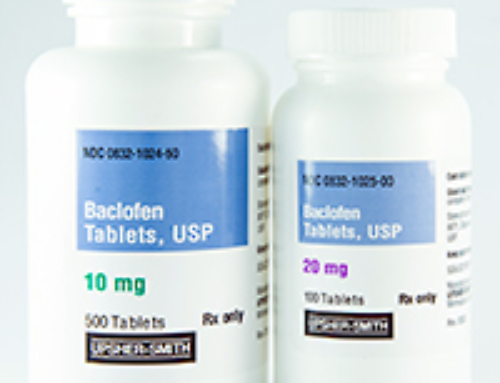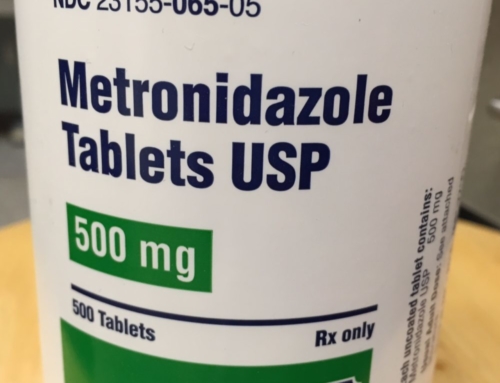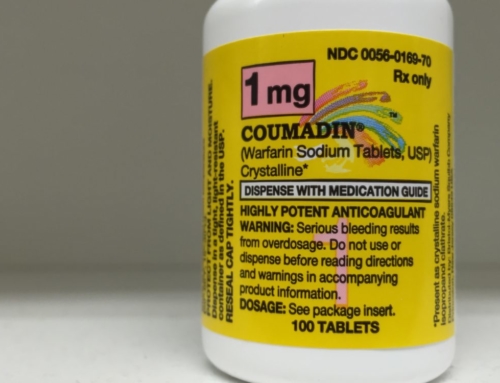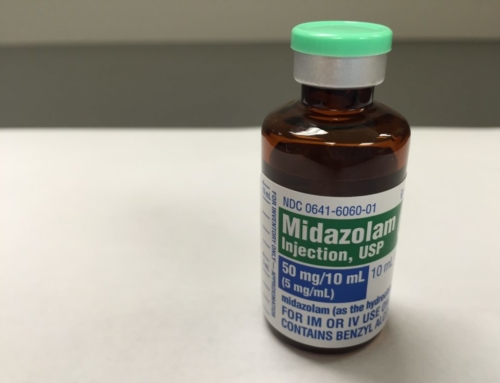If you have any reason to suspect your pet has ingested something toxic, please contact your veterinarian or one of the other resources listed:
• ASPCA Animal Poison Control Center 24-hour hotline at (888) 426-4435
• Pet Poison Helpline® 24-hour animal poison control service at (855) 764-7661
Olanzapine
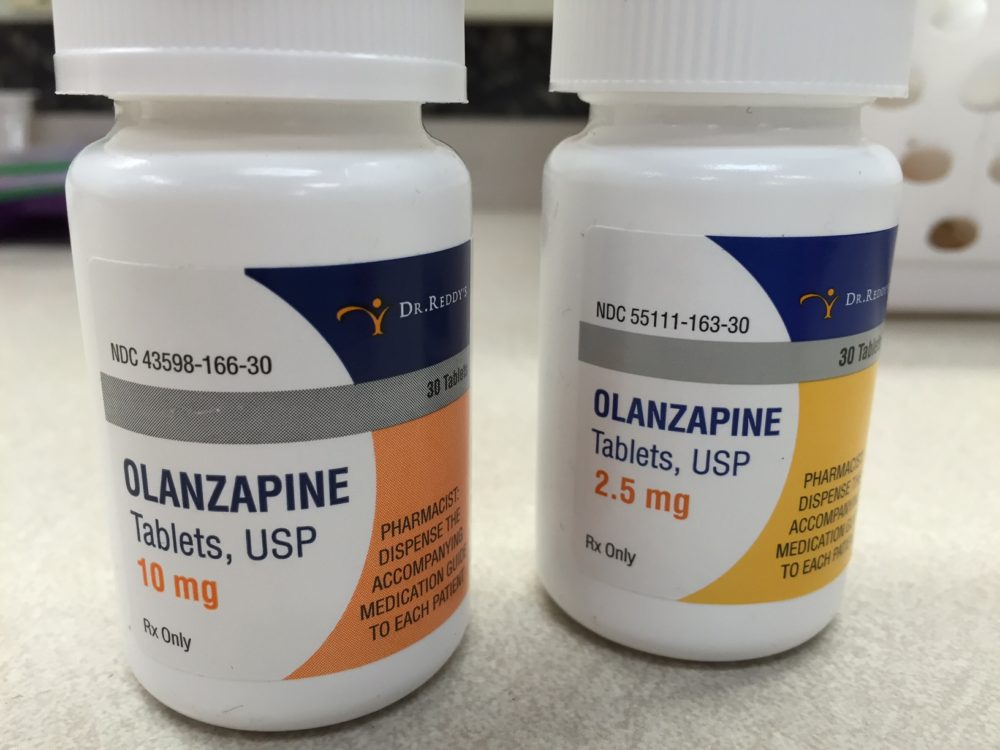
Generic Name: Olanzapine
Brand Name: Zyprexa
Olanzapine, an atypical antipsychotic, is commonly used in human medicine to treat psychiatric disorders. There is no FDA-approved use for atypical antipsychotics in veterinary medicine although they have been used to treat dogs with aggression.
It is important to note that other atypical antipsychotics (such as aripiprazole, paliperidone, quetiapine, risperidone, and ziprasidone) carry similar toxicity risks.
As with all medications, it is important to keep these prescriptions out of your pets’ reach.
Signs and symptoms of toxicity: involuntary muscle spasms, weakness, increased heart rate, agitation, decreased blood pressure, tremors, seizures, and sedation
Toxic consumption: There is no established toxic threshold for pet consumption. All incidents of accidental exposure should be reported immediately.
References:
– Ader M, Kim SP, Catalano KJ, et al. Metabolic dysregulation with atypical antipsychotics occurs in the absence of underlying disease: a placebo-controlled study of olanzapine and risperidone in dogs. Diabetes 2005; 54(3):862-871.
– Osweiler, G, et al. (2011). Blackwell’s five-minute veterinary consult clinical companion. Small Animal Toxicology. [Kindle version]. Retrieved from Amazon.com
– image: http://medimoon.com/wp-content/uploads/2012/11/en_keteyian_0509_480x360.jpg
Pet Poison Control is provided free as a public service by the American College of Veterinary Pharmacists. Today we’re asking you to support us with a small donation. If you would like to dedicate your gift in honor or memory of a pet or individual, you will have that option before checkout. Your gift of any amount helps us maintain this resource and make it available to the pharmacy and veterinary communities. Thank you!


